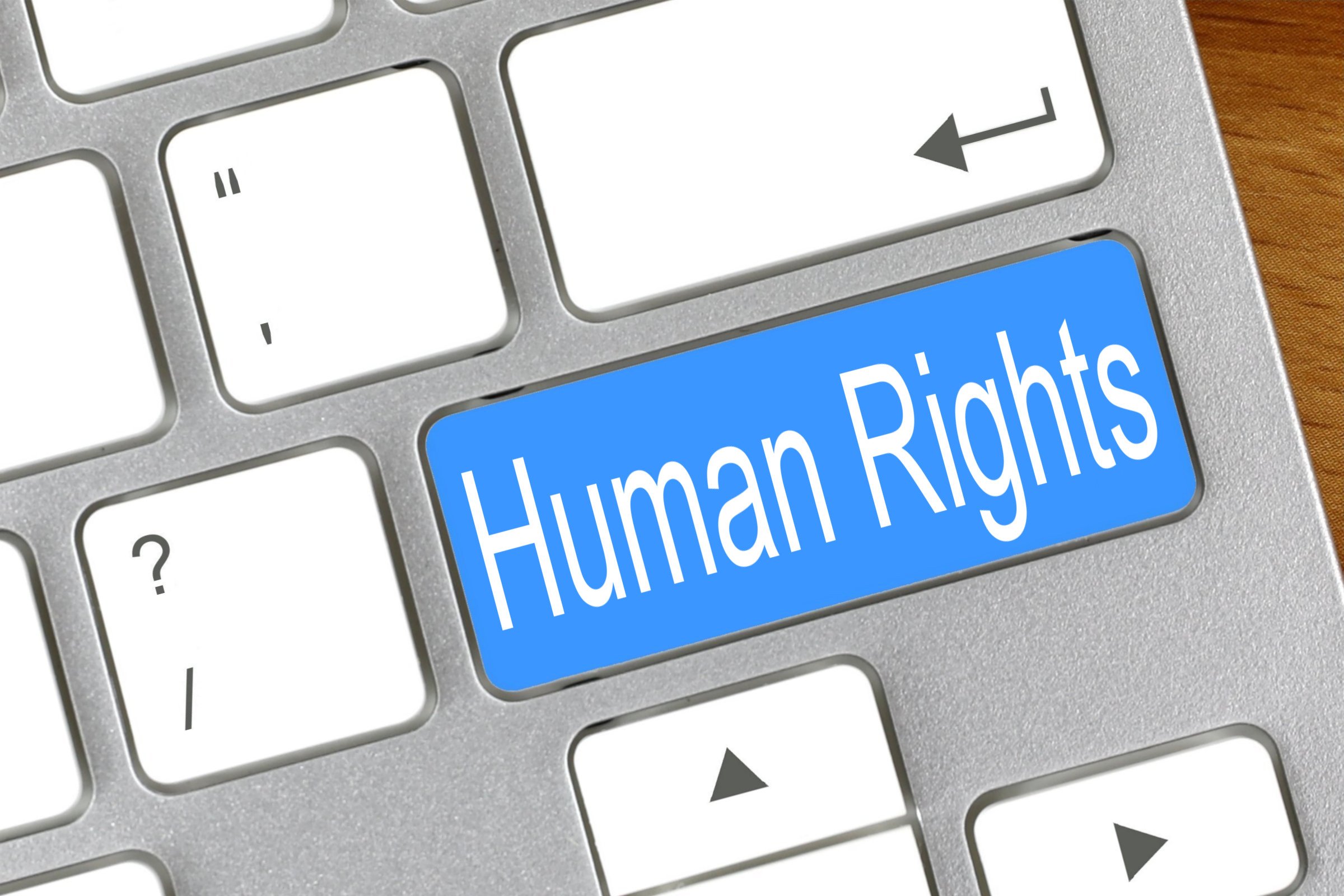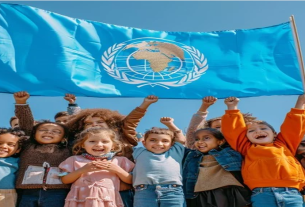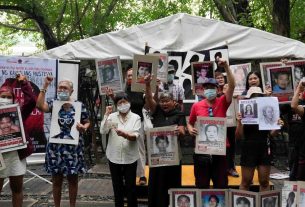Geneva — August, 2025
A newly released report by the United Nations Human Rights Office has reignited international concern over systemic human rights abuses in Sri Lanka, prompting calls for urgent action from Human Rights Watch (HRW) and other advocacy groups.
Key Findings from the UN Report
UN High Commissioner for Human Rights Volker Türk outlined a troubling pattern of violations in Sri Lanka, including:
- Custodial deaths allegedly resulting from torture or ill-treatment, with investigations deemed ineffective
- Arbitrary arrests during drug raids
- Surveillance and harassment of human rights defenders, civil society actors, and families of the disappeared
- Persistent impunity for past violations, particularly those linked to the 1987–1989 Janatha Vimukthi Peramuna uprising
Türk emphasized that despite recent political changes, “the structural conditions that led to past violations persist” under the current administration.
HRW Calls for Renewed Accountability Measures
Human Rights Watch urged the UN Human Rights Council to strengthen its engagement with Sri Lanka, including by:
- Supporting the UN Sri Lanka Accountability Project
- Protecting victims’ families and human rights activists
- Renewing mandates for monitoring and reporting on abuses
Meenakshi Ganguly, HRW’s deputy Asia director, stated:
“Continuing engagement by the Human Rights Council and renewal of the accountability project is crucial so long as the government fails in its obligation to respect and protect the rights of all Sri Lankans”.
Unfulfilled Reform Pledges
President Anura Kumara Dissanayake, elected in 2024, had pledged to:
- Repeal the Prevention of Terrorism Act (PTA)
- Amend the Online Safety Act
- Establish an independent public prosecutor
However, the UN report notes that these promises remain largely unfulfilled, with the PTA still being used disproportionately against Tamil and Muslim communities.
Mass Grave Discovery Deepens Accountability Demands
In July 2025, excavations at a mass grave site in northern Sri Lanka uncovered over 100 skeletal remains, including children and infants. The International Commission of Jurists described Sri Lanka as having one of the world’s highest numbers of unresolved enforced disappearances, with estimates ranging from 60,000 to 100,000 cases stemming from the country’s 26-year civil war.
This discovery has intensified calls for transparent investigations and justice for victims of past atrocities.
A Historic Opportunity for Reform
The UN report urges Sri Lanka to:
- Repeal or amend laws restricting fundamental rights
- Accelerate investigations into emblematic cases
- Publish findings from human rights commissions
- Establish a dedicated judicial mechanism to address serious violations
Volker Türk concluded that Sri Lanka now faces a “historic opportunity” to break with entrenched impunity and deliver long-overdue justice.
Excerpts from jurist.org article by Divyabharthi Baradhan | JURIST Staff, MY


